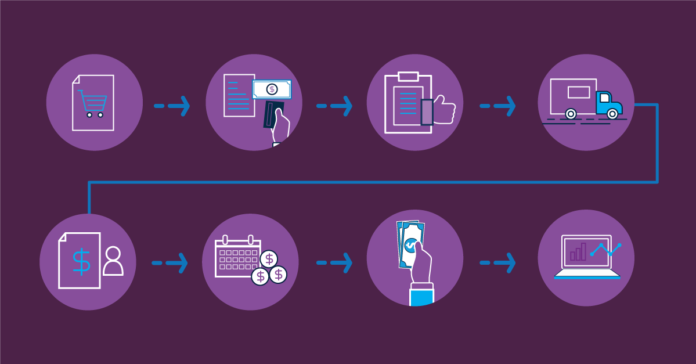Litigation is a process wherein two parties work to either resolve a dispute, answer a complaint, or defend a legal right. The litigation process usually ends with an agreement between the two opposing parties. However, when a settlement is not reached, the case may go to court.
Difference between lawsuit and litigation
Often confused with one another, lawsuit and litigation are two different things. A lawsuit often involves a civil legal dispute; it involves a defendant as well as a plaintiff. Litigation, on the other hand, is an entire process that encompasses a formally-filed lawsuit.
Litigation also involves other actions after filing a lawsuit, intending to enforce one’s legal right. Since the litigation process requires deposition, court filings, and legal counsel, it can cost a significant amount of money. The litigants during the procedure may refer to both the plaintiff and the defendant.
The end goal of litigation is to resolve who is right or wrong during a dispute. It is resolved under the court of law, but the process will not start unless a lawsuit or complaint is filed.
Civil litigation involves legal disputes that do not involve criminal accusations. Legal disputes usually involved in civil litigation are medical malpractice, real estate dispute, divorce, or landlord and tenant dispute.
The litigator
A lawyer handling litigation is called a litigator who can represent a defendant or a plaintiff in a case. Since civil litigation covers a lot of cases, most litigators have specializations; for example, a litigator may have more expertise in divorce cases or medical malpractice suits. This specialization helps litigators provide more effective legal advice to its client.
Civil litigators have different strategies to gain an advantage for their cases. A civil litigator’s duties include conducting a deposition, interviewing clients, and producing claims or complaints. As mentioned above, a civil litigator may work on reaching a settlement or taking a case to court.
Many litigators find satisfaction with the practice as they find working with different areas of law satisfying, challenging, and rewarding.
Litigation procedures
Before even filing a complaint or lawsuit, the plaintiff’s side may start the litigation process by making a demand on the opposing party or the defendant. Once a defendant does not wish to meet this demand, they can file a formal complaint and bring the dispute to court.
This is when the litigation formally starts. To file a lawsuit, the plaintiff needs a litigator to handle the case for them. A litigator may also be responsible for making the written demand to the defendant. A plaintiff’s demands may include getting compensation from the opposing party or getting an eviction notice from the court.
A defendant will receive a summon from the court after a complaint has been legally filed. A summon is a document that lets the defendant know about the plaintiff’s complaint. The defendant is required by law to give an answer to the summon.
Discovery
The discovery process includes the collection and examination of information related to the lawsuit. It includes an exchange of information between opposing parties; lawyers of these parties may ask for interrogatories and request for production of documents or admission of facts.
The most common method used in the discovery process is deposition. A deposition is a sworn statement by a witness outside court. In complex litigation, litigators may prefer to hire court reporters to get video depositions; video depositions usually provide an advantage to a party when a lawsuit goes to trial.
The purpose of discovery is to gather enough information to decide whether the case is worth pursuing or is better to reach a settlement.
Trial
Most litigation cases do not reach trial, but in case a settlement or resolution is not reached, a trial is needed. During the trial, the two opposing parties present their cases. The plaintiff is first to present their complaint while the defendant is there to defend their case.
The cases of two opposing parties are supported by witness testimonies and physical evidence. The defendant needs a good trial strategy to prove their innocence in court and the jury.
In the end, the jury or the judge will give a resolution to the dispute.
The decision by the court or the jury is not always final, though. The losing party may choose to file an appeal in the hope of turning the case in their favor.
Because of this, a case may go on for years, and it may cost a lot of money for both parties. Therefore, to end the litigation process quickly, a settlement is always an ideal option.Meta title: Understanding the Litigation Procedure
meta desc: The litigation process can be complex or simple. It depends on the willingness of the plaintiff and the defendant to reach a resolution on the dispute.











